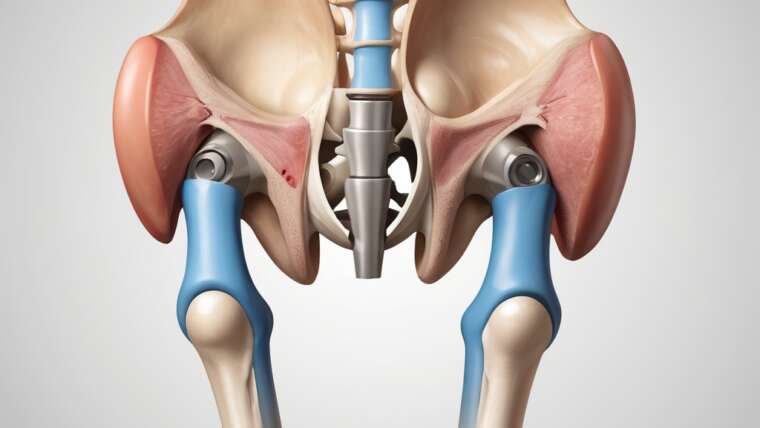When you see runners in the park or on the road, do you think: “I could never do that”? Perhaps. But what if we told you running is one of the most effective exercises for keeping your body fit, healthy and strong? You probably wouldn’t believe us. Most people see runners as superhumans who have a very special skill – running long distances at high speeds. In reality, though, it’s not that difficult to learn how to run fast and far. The catch is that you need to practice regularly and follow some simple rules to get the best results from this invigorating activity. You might be able to run for only a few minutes right now because you’ve been inactive for so long, but once you begin training it won’t take long until you can run longer than ever before. Here at everysecondcounts.co.uk we help you break down the science of running, read on to learn some basic running information.

Table of Contents
What is running?
Running is an activity where you travel on foot by generating momentum with each stride. You can run on a track, on a trail, on the road or even on a treadmill. In fact, you can even run indoors on a synthetic track, or on the rubberized floor of a gym – but for this article we’ll focus on outdoor running. There are many different ways to run. You can run at a slow, moderate or fast pace. There are also different ways of running that you can do. Running is a great workout that can be done anywhere. You can run outside or on a treadmill indoors. Running doesn’t require any special equipment, as long as you wear appropriate clothing for the conditions. Running is a great way to stay in shape and can be done by people of all ages.
Why should you run?
The obvious reason why you should run is that it’s fun! But there are many more benefits to this sport than just having an enjoyable time. Running can: Improve your health, improve your mental health, reduce your risk of disease, increase your energy, help you lose weight, help you sleep better, help you live longer, just to name a few! Not only will running keep you fit, it can also help you prevent diseases like heart disease and diabetes, as well as certain cancers. Running can also improve your mental health by boosting your mood and reducing stress and anxiety.
Tips on how to start running
If you’re new to running and would like to start this sport, there are a few things you should keep in mind. The first thing is to choose your goal. Do you want to run a specific race or do you want to improve your overall health? Once you know what your goal is, you can plan your running schedule accordingly. Make sure you have the right running gear. The best shoes for running are something you should invest in. If you have sensitive feet, you should also think about wearing running socks. The right running gear also includes your clothing. You will sweat a lot, so make sure you wear comfortable clothing that will keep you cool even when it’s hot outside. As a beginner, it’s important to gradually build your running distance and speed. If you want to run a 10k race, you will need to build up the training slowly, with at least 16 weeks of training.
How to build a strong running foundation?
Building a strong foundation of running skills will make it easier to progress and improve your running technique. With that in mind, there are some essential exercises you can practice to improve your running skills and experience like running drills, strength training, stretching to name a few. After that, you can start with easy running workouts and progress from there.
Conclusion
The science of running isn’t really as complicated as it seems. Think of it as a sport for all ages and all skill levels. You can start slow, and you can make it as challenging as you want. You can choose to run for fun, for fitness, or even for sport. You can make running part of your lifestyle and reap all of the health benefits it can offer.


